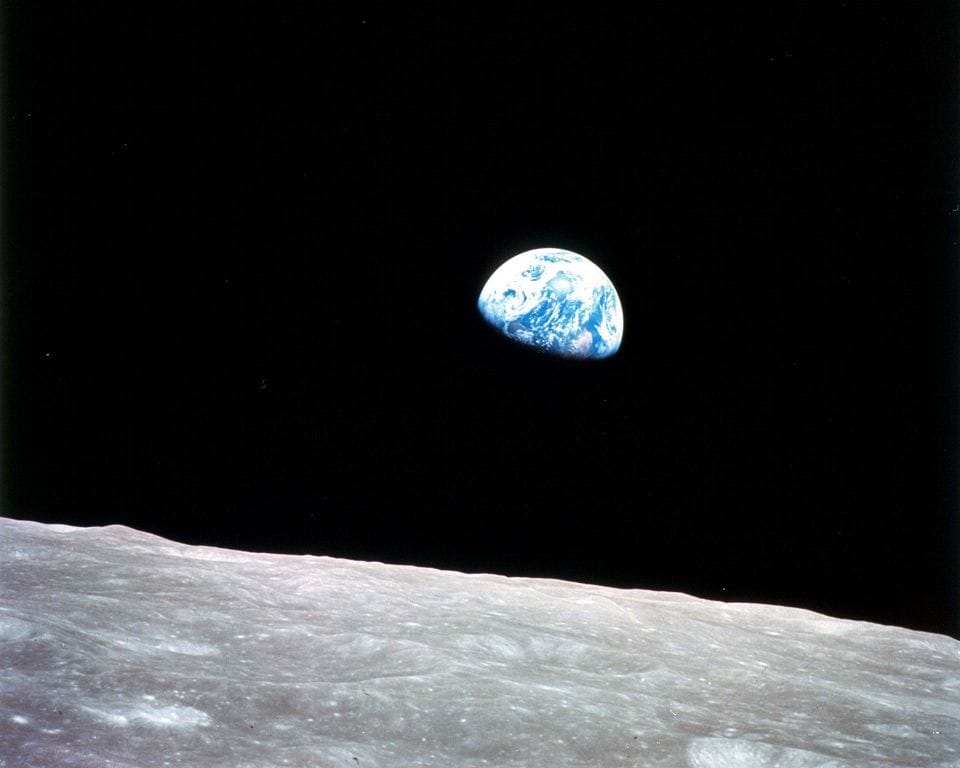
Two of the most important words in the Phenomenology of Perception of Merleau-Ponty are “world” (monde) and “meaning” (sens). This post will not focus on the long analyses that this author offers on each term but rather on the way he understands the relationship between these two terms. In his thought world and meaning are co-relative, almost synonymous: there is no world without meaning and no meaning without the world.
In common usage the term “world” is employed to talk about quite a range of different realities: the planet Earth, the ensemble of all that is, a sector of culture (the world of cinema) and so on. In general, the term has a spatial connotation, that is to say the world is a space in which something is located or in which something happens. Merleau-Ponty speaks of the naïve conception of the world as being like a big box in which are to be found objects, people, villages, clouds… Understood in this way the world is thought of as something objective, concrete and real. It is a ready-made world, a fait accompli.
From the beginning, phenomenology strongly contested this way of thinking about the world. The main problem with this approach is the lack of attention it pays to human consciousness. This latter is not, for phenomenology, a mere camera through which we observe the world. Consciousness is rather an active power which “constitutes” (which does not mean “creates”) the world and, at the same time, an openness toward the world. When we consider consciousness in this way, we radically change our understanding of the world. The relationship between the world and consciousness is a living relationship, a relationship that rebegins every moment.
The term that Merleau-Ponty most often uses to articulate the relationship between the world and consciousness is “meaning”. He remarks en passant “…a world, that is to say a totality in which each element has bonds of meaning with the other elements.” To bring out this idea, we may try to imagine a world without these bonds of meaning: impossible! A world in which there is no right and left, no up and down, no night and day, no earth and sky is just not a world. The opposite of a world is not nothing but chaos.
Merleau-Ponty does not develop the implications of this way of understanding the relationship between the world and meaning for ethics. It is however clear from his thought that the moral subject is not placed in the world like a stone or a house. In order to be a moral subject she must be conscious. But conscious of what? Following the line of thought of Merleau-Ponty we might reply: conscious of the meaning that binds her to the world. The world is not a neutral stage on which the subject strolls while making her moral decisions but rather a dramatic interaction between the subject, others and the entourage. Deciding about a given action, the moral question can be recast: not so much “is this good or bad?” as rather “how will this action change the bond of meaning between the world, others and myself?”.
p. Martin McKeever, CSsR

Nessun commento